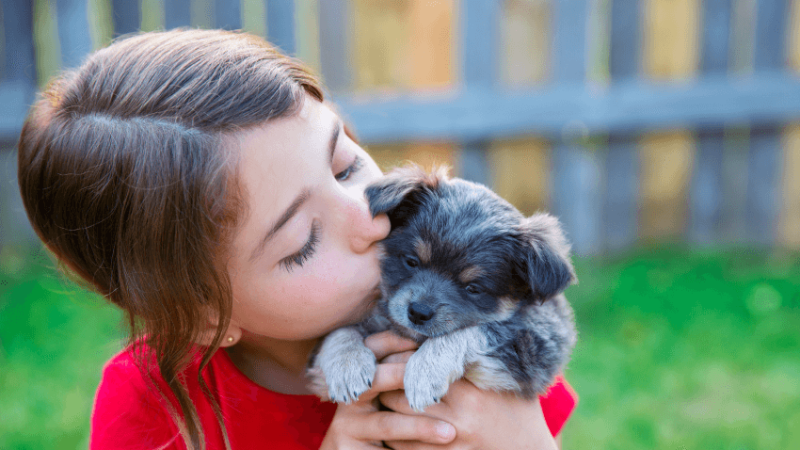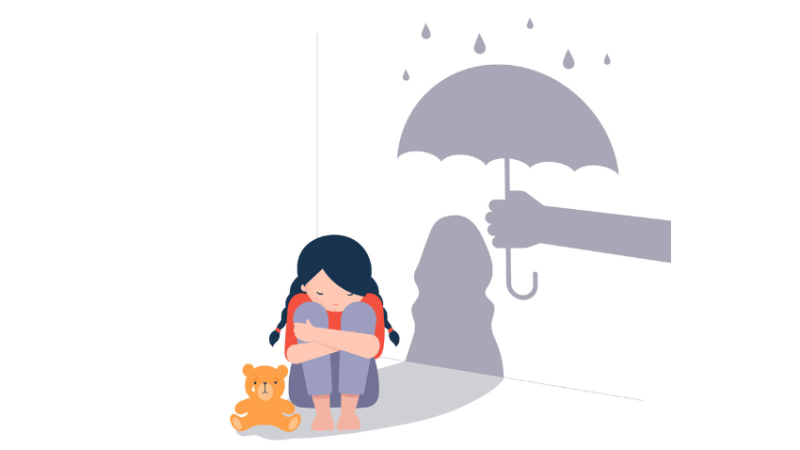Skills for life – Preparing SEND pupils for the post-primary world

Find out how one award-winning school is preparing pupils with SEND for the big wide world, with skills for life

- by Sarah Sumner

With all the time and resource pressures put on teachers today, it can be really hard to keep track of what our jobs are fundamentally for; to give children skills for life beyond their years with us.
At Westlea Primary in Swindon, our children’s journey is not about achieving the best test results. Rather, it’s about encouraging the best attitudes and behaviour across the board.
We focus on teaching skills for life that will help all our learners – whatever their abilities or background – to thrive long after they leave us.
It’s this commitment that saw us win the nasen Award for Primary Provision in 2022.
With our child-centred approach, and an understanding that we all have different pathways, we’re building confident and enthusiastic individuals who want to be ‘good citizens’ and achieve.
The actions and activities we take part in each and every day have greatly benefited our pupils, and could help yours too.
British values in primary school
As educators, we must think about practical life skills that all children need to thrive in the long-term.
Each term at Westlea, we look at a different British value that we link to current affairs.
This term is ‘individual liberty’ with a focus on equality, liberty and freedom for all. The children also watch Newsround every day. This encourages debate and discussion in every class – and explore what life is like beyond school; beyond Swindon; beyond the UK.
For every year, we also create and promote year-group aspirations that are completely non-curricular.
Whether that’s walking in the woods, swimming lessons, or linking up with a local charity, these simple activities add exciting, practical milestones to the school calendar.
On a peer-to-peer level, our prefects in Year 2 and Year 6, and our council reps from Year 2 upwards, collaborate to tackle topics like bullying and supporting the local community.
Any pupil can put themselves forward for the role, and we have a real mix onboard.
Leadership skills, empathy, communication and representation are among the key personal skills that children get out of it.
In fact, we have found the more that pupils are involved in interventions, discussions and buddying schemes, the more invested they are in achieving inclusion, and addressing any inequities they find.
Role models for kids
It is vital that pupils with SEND can see what they can aspire to beyond the school gates.
As a result, role modelling is another approach we prioritise.
We invite former pupils with SEND who have progressed beyond school, in careers and education, into school to share their stories great and small.
This has ranged from medal-winning Paralympians to inspiring Year 10s and 11s who are now navigating their next choices.
We often invite university and college students back too. This way, children and their parents can see how they have moved on, and what their current goals and aspirations are.
Whether in special Q&A sessions or assemblies, we make sure we include a wide variety of speakers. Especially those with SEND.
It’s a simple and powerful way to show that having a special need or disability needn’t hold anyone back.
One day, perhaps, those children watching will return with tales of the exciting impact they have made so far.
On a broader level, we also work with the wider community. We engage with local police, nursing staff, firefighters etc, to provide practical tools on how to be a better citizen.
It’s all about exposing them to new career pathways and other role models.
Inclusion in schools
We’ve worked hard to build a school environment that is fully inclusive to all learners.
Our on-site special resourced provision for children who are physically disabled, plus our unit for children with complex needs, sits at the heart of Westlea.
By actively making such resources highly visible and integrating children with SEND into mainstream classes and extra-curricular offerings, all pupils can grow used to being around a whole spectrum of needs, such as attention deficit disorder, autism spectrum disorder, and more.
All our pupils learn to understand and celebrate difference, and do not have an issue with it within school or outside the school gates. They see that this is how communities work.
Full participation
While we love the inclusive framework we have created at Westlea, we also recognise that the outside world is sadly not always accommodating to the needs of children with SEND.
Rather than accept the inequalities, our staff go above and beyond to eliminate segregation, and make sure everything necessary is in place wherever we go.
In an upcoming trip to the mayor’s parlour, for instance, we have made detailed risk assessments, and worked hard to ensure that appropriate resources such as ramps are in place for pupils who have wheelchairs.
The result is sure to be a fantastic day out for every pupil, with no one left behind.
Ensuring full participation can also mean modifying our approaches to tasks within the structure of our timetable. Whatever it takes to respect the needs of individuals, and allow everybody to grow.
In our nativity play last year, for example, one student who was challenged by the pressure of performing to a large group was invited, instead, to perform at the dress rehearsal – which their parents came to watch.
As a result, they too developed confidence, courage and determination, in a situation made appropriate for their needs.
Regardless of your pupils’ starting points or disabilities, every young person has the potential to succeed at something.
We have a moral duty to help unlock their future aspirations.
By working together, building the crucial skills children and young people need today, they can all have a bright future beyond the primary school gates.
How to promote social integration
- Look at proactive inclusion through clubs, school trips and extra-curricular activities
- Create bespoke timetables and adapted teaching, where necessary
- Seat pupils in class with those outside of their normal group of friends
- Encourage children of different ages and abilities to play together
- Think outside the box and create your own in-school birthday parties so everyone can join in the fun
- Have a playground buddy system where children are trained to support others who might be struggling
- Have trained ELSAs in school who are available to support both in the classroom, 1:1 and out on the playground
- Hold assemblies with a range of themes, and linked to a range of beliefs
- Have a broad and balanced, outward-looking curriculum which is accessible for all
By modelling and encouraging social interaction we can help prepare all pupils for the future social aspects of their lives, as well as developing tolerance and understanding among children across school.
Sarah Sumner is headteacher at Westlea Primary in Swindon. In October 2022, the school won the nasen Award for Primary Provision. Learn more and register for the 2023 nasen Awards at nasen.org.uk/awards











